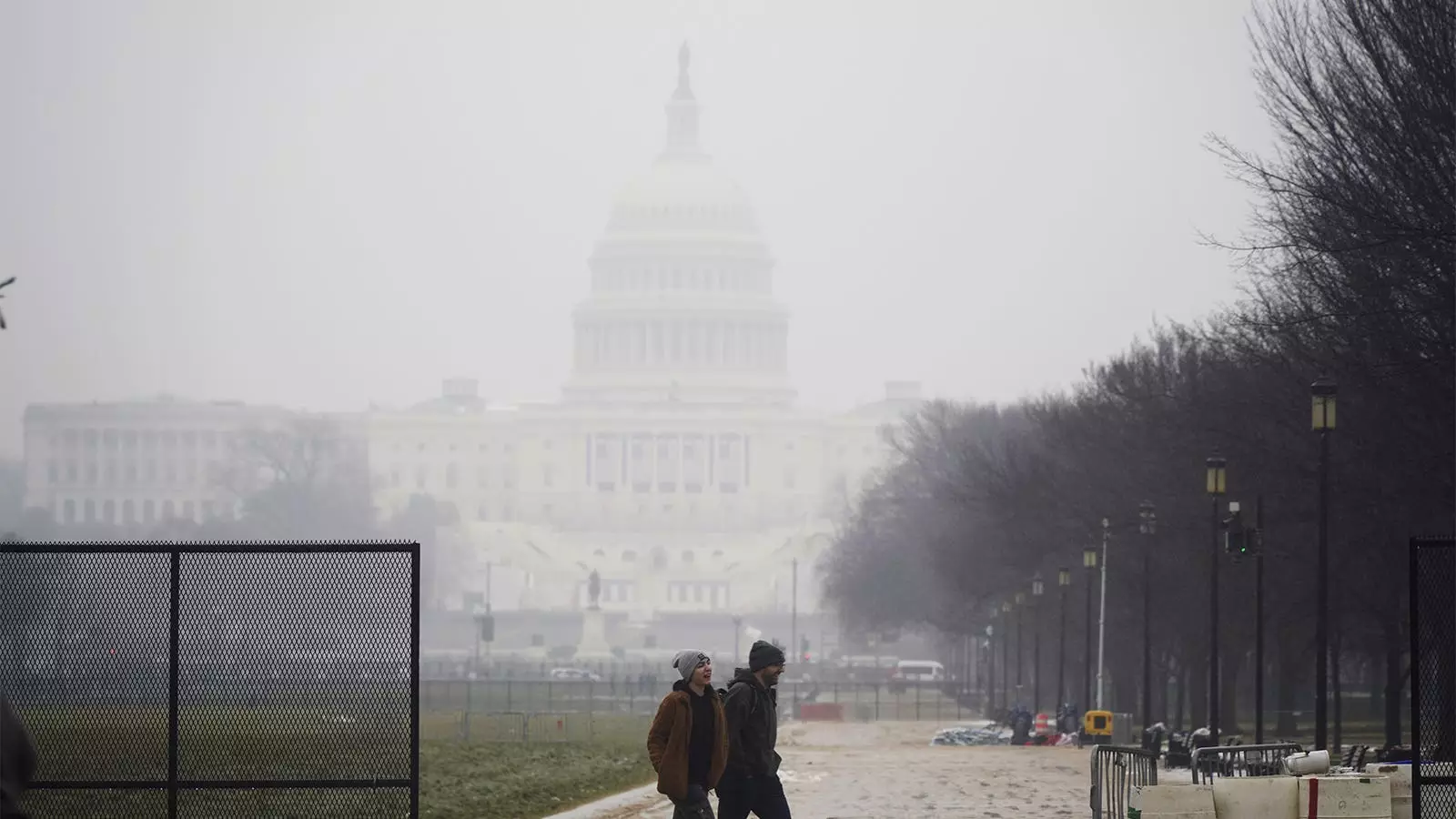On Monday, President Donald J. Trump embarked on a significant path to reshape America’s health policies, following his own anticipated return to leadership. By signing a series of executive orders, he effectively marked a departure from many of the policies laid out under President Joe Biden’s administration. One key action that stood out was Trump’s withdrawal of the United States from the World Health Organization (WHO), a move he rearticulated, citing grievances regarding the organization’s handling of the COVID-19 pandemic and its perceived insularity from political influences.
The implications of such a decision resonate beyond mere administrative shifts; it reflects a larger ideological stance towards international engagement in health crises. Trump’s executive order outlined the reasons for the withdrawal, including alleged inequities in financial contributions among member states, particularly contrasting the United States with nations like China. This perspective underscores a fiscal approach to foreign policy—one that prioritizes American financial inputs and challenges the equity of global health governance.
The swift reversal of Biden’s policies illustrates a determined effort by the Trump administration to dismantle frameworks that have been established to promote global health cooperation. Biden’s administration had sought to re-engage with the WHO to enhance America’s role within global health discussions, but Trump’s latest actions signify a clear departure from that direction. By revoking the retraction of withdrawal signed by Biden, he not only reasserted a previously abandoned stance but also signaled an intention to prioritize national over global interests in health policy.
This executive decision has attracted significant criticism from public health experts. Tom Frieden, a former director of the Centers for Disease Control and Prevention and current head of Resolve to Save Lives, articulated concerns that withdrawing from the WHO would compromise both national and global safety. He argues for reform through engagement rather than isolation, emphasizing the organization’s unique capability to mobilize international resources during health emergencies.
Trump’s actions resonate not simply in political spheres but also in the public health domain. The former president’s intentions extend further than the WHO; he also signed into motion multiple health-related executive orders targeting various significant policies. These included a pronounced shift away from previous initiatives designed to enhance worker health and safety during the COVID-19 pandemic and a regression from protections and inclusivity regarding sexual orientation and gender identity within federal policies.
The rescinding of Biden’s health orders raises critical issues on inclusivity and public health safety, particularly against a backdrop of global health crises. Trump’s executive actions sidestep key initiatives that aim to expand access to health coverage and affordability of prescriptions, reflecting an administration more concerned with unilateral control rather than collaborative public health efforts. This raises questions about the future of healthcare policy in the United States as the country contemplates how to respond to ongoing and potential health emergencies.
Another notable aspect of Trump’s executive orders was his intention to withdraw from the Paris Climate Accord, linking environmental policy to health outcomes. The president has continually argued that international agreements may unfairly burden the American economy. However, environmental health is increasingly seen as intertwined with public health, with significant implications for chronic diseases aggravated by climate change. In taking these steps, it appears that Trump’s administration may neglect the holistic approach required to tackle both health and environmental issues effectively.
The concern about tethering health policy to economic argumentation is clear in public discourse, as many stress the importance of addressing the multifaceted challenges that intertwine economic stability, environmental sustainability, and public health. This interconnectedness necessitates a balanced approach, integrating diverse perspectives to inform decisions that impact national and global health outcomes.
As President Trump assumes office for a second term, his executive actions represent a decisive pivot in American health policy, moving away from cooperative global health engagement towards a more insular approach focused on national interests. While the implications of these changes unfold, both supporters and critics will likely engage in ongoing debates about the future direction of U.S. public health policy amidst an evolving global landscape. The path forward will undoubtedly require a reevaluation of balance and priorities—whether to withdraw or to engage in a concerted effort towards collective health challenges that face humanity.


Leave a Reply